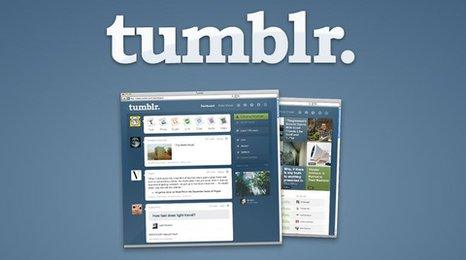Self-poisoning is on the rise, according to the NHS
- Published
Hospital figures show there's been a rise in self-poisoning
The number of hospital admissions after people have deliberately poisoned themselves has risen by almost 50% in a decade.
New NHS figures show there were more than 114,000 cases in England, Wales and Northern Ireland during 2011.
That's compared to 79,000 in 2001. Figures for Scotland are not available.
The Royal College of Psychiatrists says self-poisoning is the most common type of hospital treated self-harm.
Meanwhile, the British Red Cross says it's worried that many young people don't know how to help a friend who may self-harm in this way.
Amy Ratnett, 28, started to self-poison when she was 21.
She said: "My first time was a suicide attempt. I really wanted to die, but after that I started taking overdoses as a form of self-harm.
"I would come home from work on a Friday evening, take an overdose, call an ambulance, spend the weekend in hospital and then go back to work on a Monday as if nothing had happened."
Amy says the medical treatment she was given made her ill and was part of the cycle of self-harm.
Doctors say self-poisoning can lead to organ failure and in some cases can be fatal.
First aid help
The British Red Cross says it wants more done to teach young people how to help friends who might hurt themselves in this way.
Paul Donnelly, campaign manager at the charity, said: "Self-poisoning is one of the biggest issues when it comes to self-harm.
"Hospital admissions are going up all the time and we want to provide young people with first aid information."
The British Red Cross says it's worried about people poisoning themselves
The organisation has launched a campaign offering first aid tips to teenagers.
The mental health charity Young Minds says that it sees an annual rise in calls about self-harm to its advice line in May and that it believes the spike is caused by exams.
Amy Ratnett, from Trowbridge in Wiltshire, says there is plenty of help on offer.
"I never want to go through that pain again, or put my family through that again," she said.
"You're not alone, and there is support out there. You don't have to get through this by yourself."
Follow @BBCNewsbeat, external on Twitter
- Published23 October 2012
- Published26 March 2012
